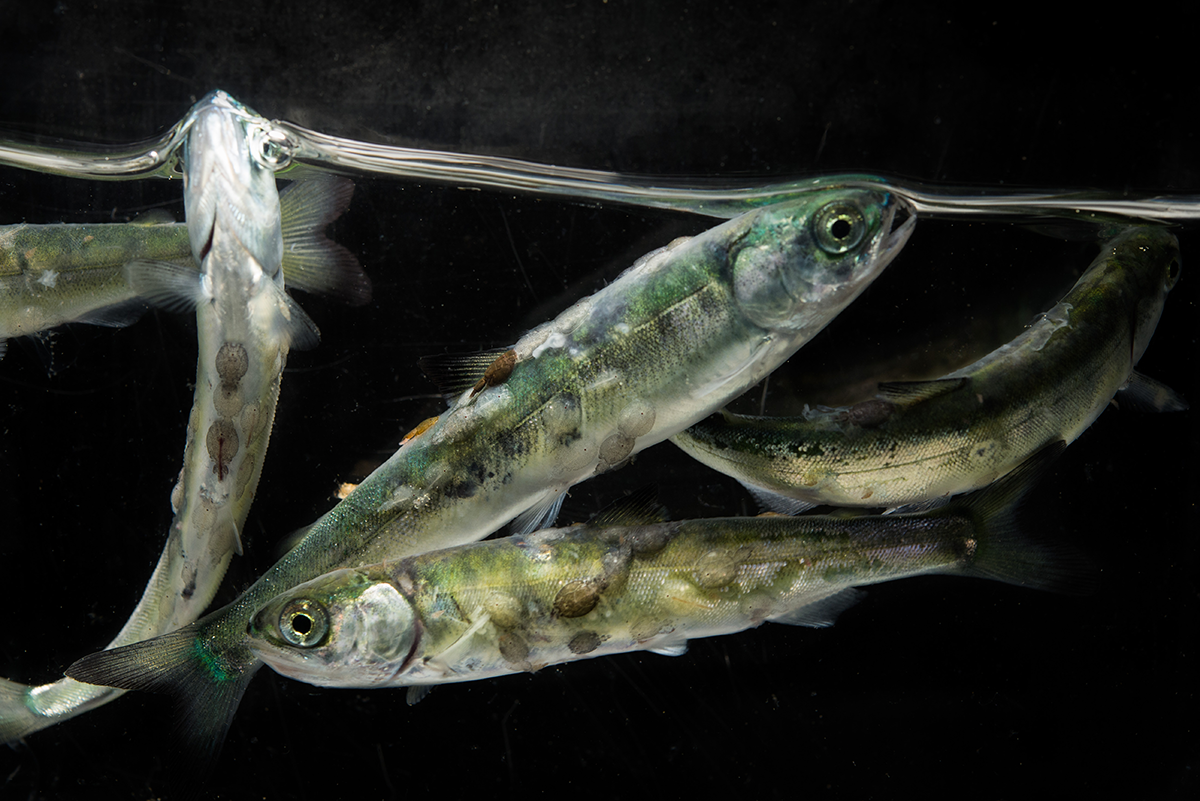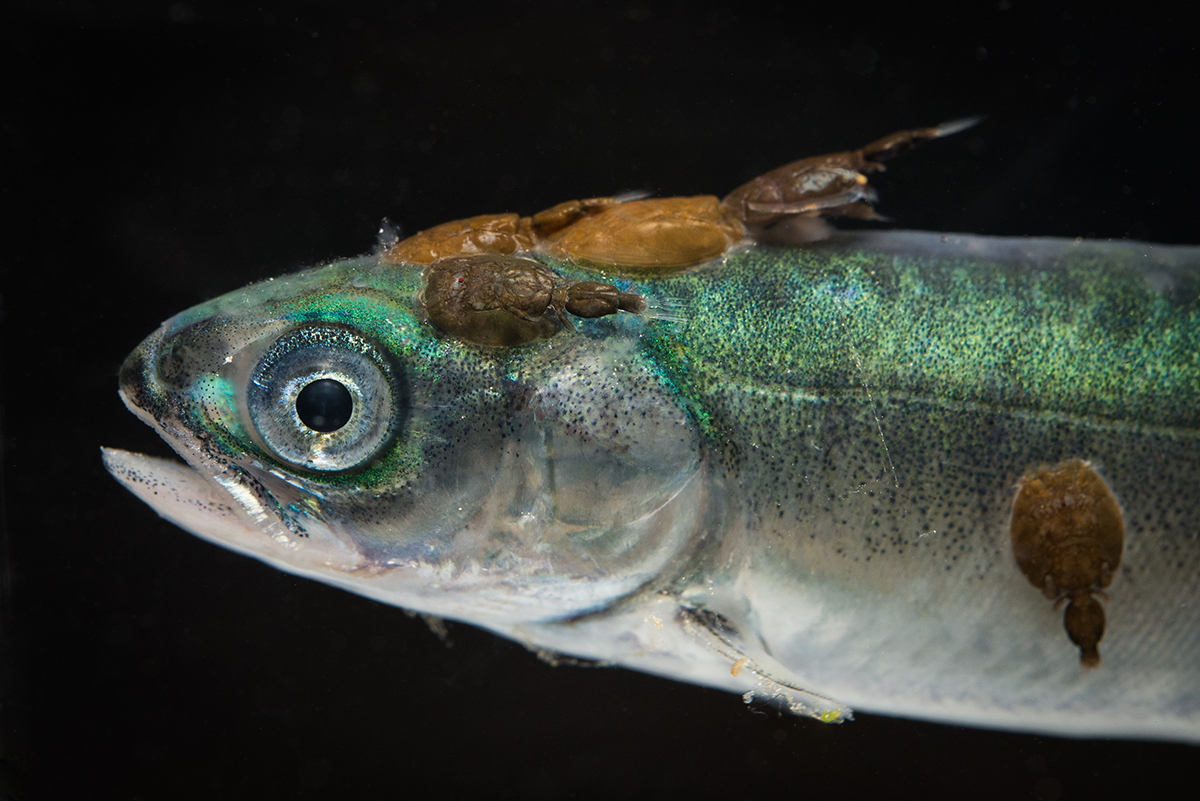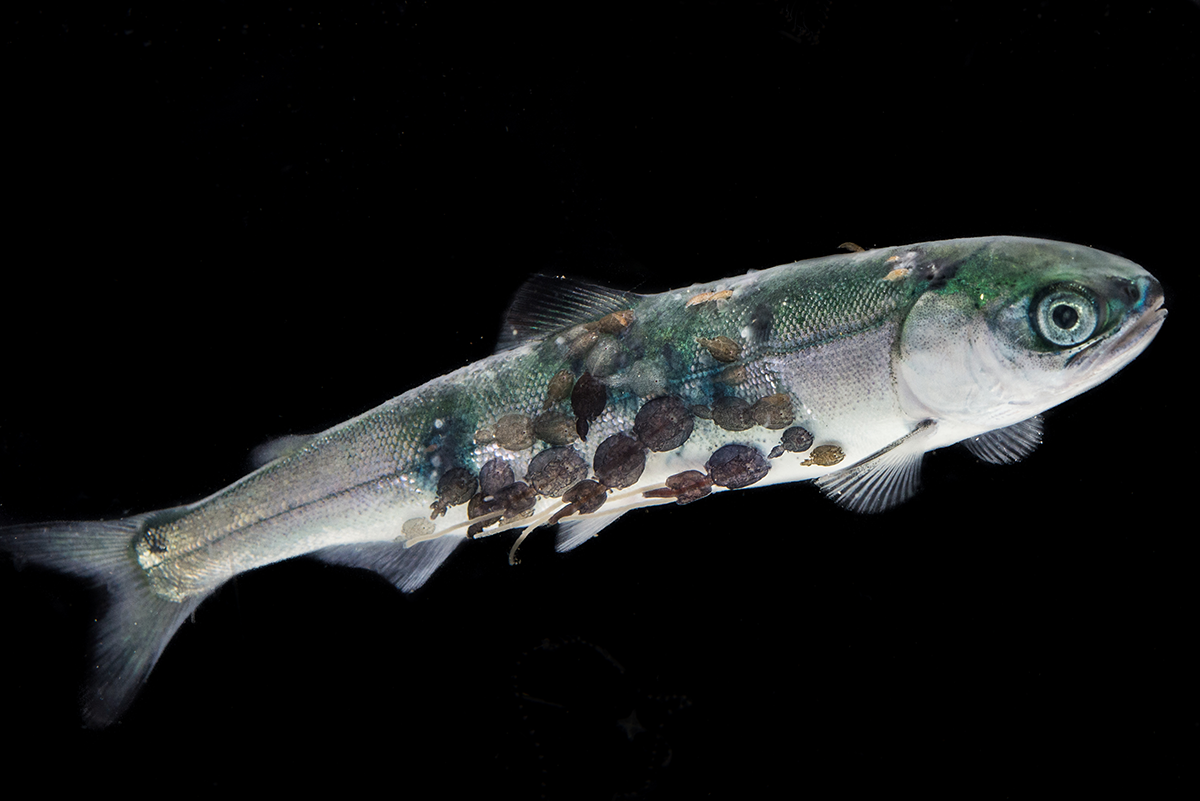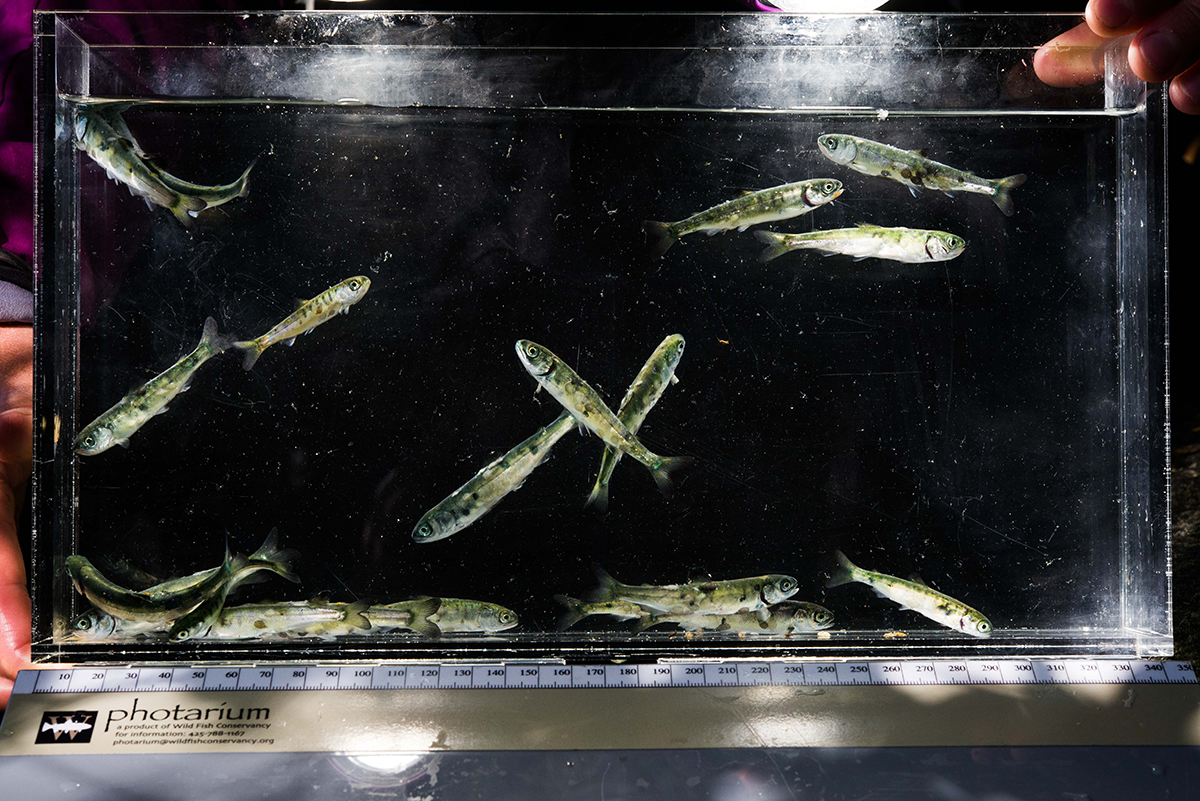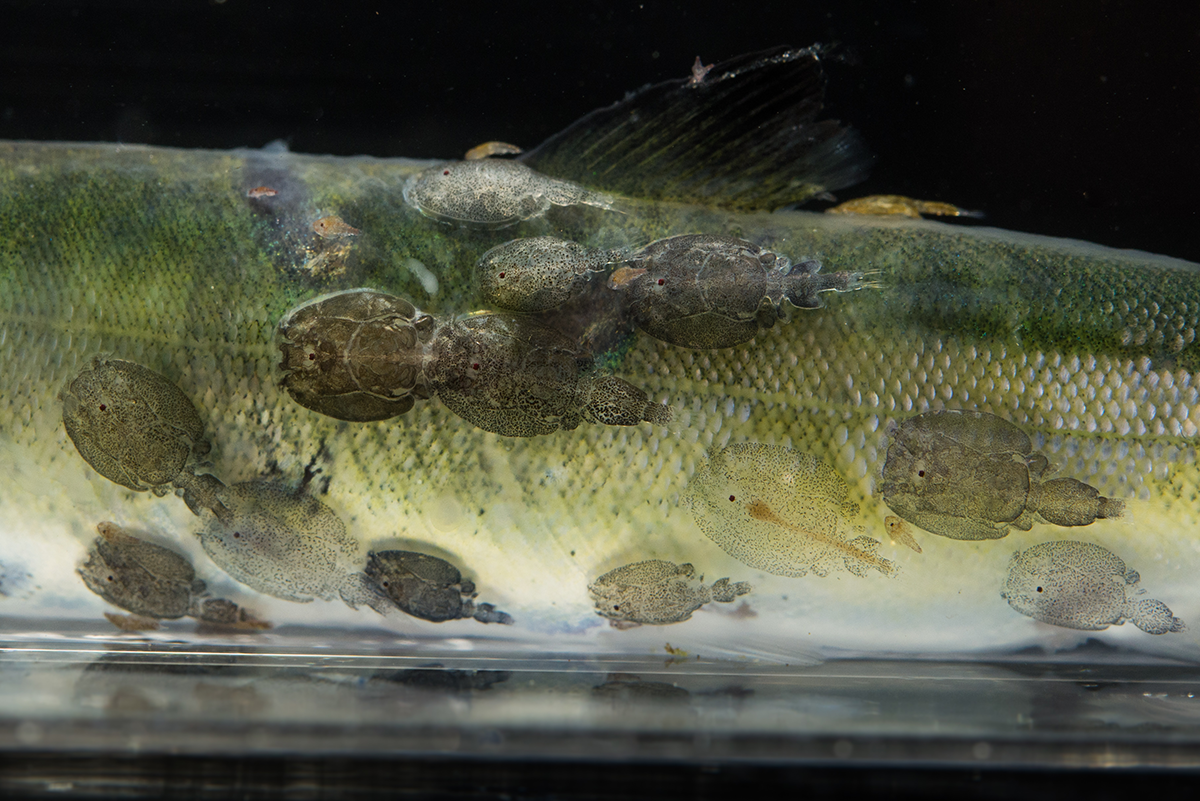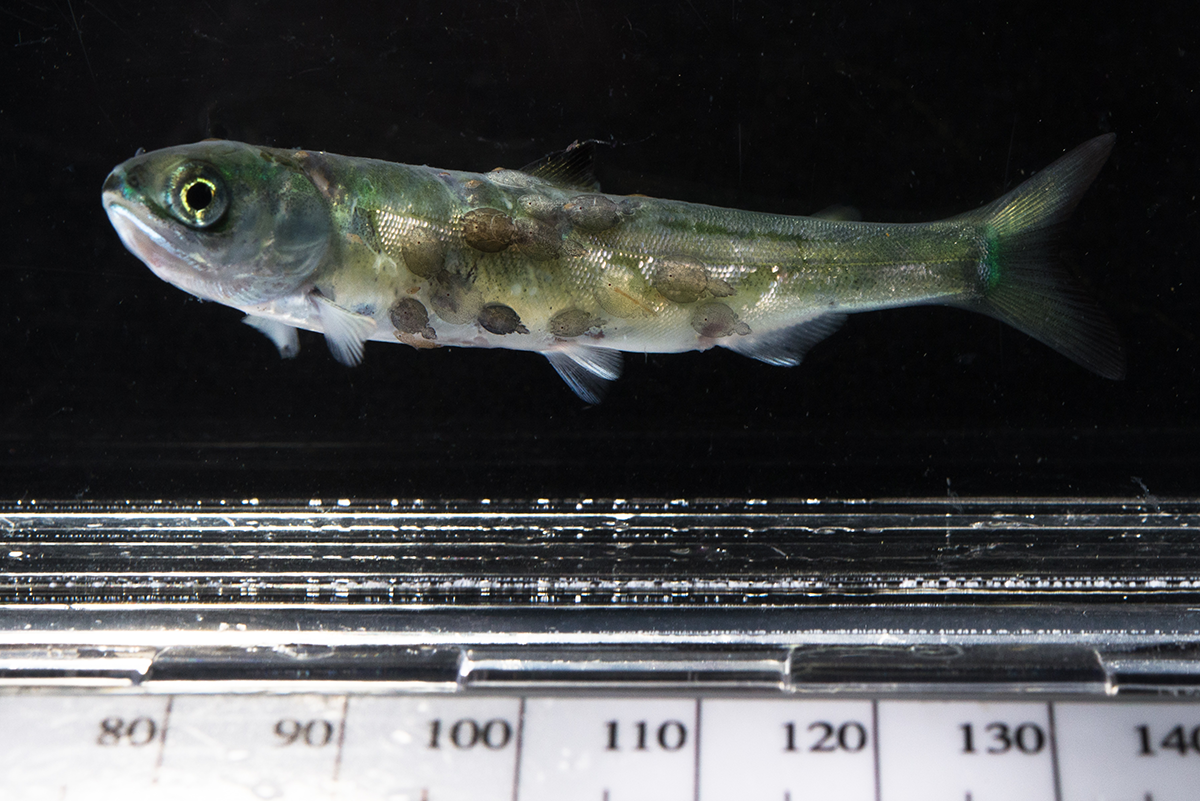Not on My Watch: How a Renegade Whale Biologist Took on Governments and Industry to Save Wild Salmon
We wanted to share a brand new book by independent biologist Alexandra Morton who has spent decades working alongside First Nations to pioneer the fight against salmon farms throughout B.C.
Her new book details her long journey from killer whale biologist to wild salmon scientist, activist, and watchdog.
Alexandra has been called "the Jane Goodall of Canada" because of her passionate thirty-year fight to save British Columbia's wild salmon. Her account of that fight is both inspiring in its own right and a roadmap of resistance.
“I am part of the resistance movement against extinction. The movement spans the globe. We are a force of nature. Like a river, we well up, slip around, bore through and dive under obstacles. We don’t stop.”
The Tyee’s recent article, Alexandra Morton’s Book Should Galvanize Action on Salmon, gives an excellent overview of how Alex, a killer whale biologists living a quiet and serene life in BC’s Broughton Archipelago first began to question how the local salmon farms could be impacting wild salmon— an investigation that fundamentally changed the course of her life.
In their article, the publication compares the call to action inspired by the book tantamount to Rachel Carson’s Silent Spring.
“Alexandra Morton has written an infuriating book that, by rights, should create sufficient uproar to bring a rapid end to a perverse experiment to rear Atlantic salmon in the Pacific…
“Alex Morton’s Not on My Watch, like Silent Spring, should touch off a national debate about rights and obligations, and while we’re at it, about decolonization. If Not on My Watch needs to be peer reviewed, those peers should include ordinary people with a thirst for justice and common sense. And every politician should be judged by their reaction to this book.”
But when it comes to peer-reviewed research, Alexandra has written her fair share. In the past two decades, she has authored over 20 published studies investigating the environmental impacts of commercial salmon farms. Her research has clearly documented and exposed the degree to which net pens amplify and spread harmful pathogens like sea lice and viruses from farmed fish to wild populations. She was one of the first to discover, investigate, and inform the public of the prevalence, impact, and origin of the Piscine Reovirus (PRV), a nonnative virus that has been documented in salmon farms from Washington to B.C.
Alexandra’s research has significantly expanded our understanding of the impacts salmon farms pose to wild Pacific salmon and together with her activism, has been a driving force behind coastwide advocacy efforts to end the practice of salmon farming in open waters.
And possibly most inspiring, is Alexandra’s courage and endurance to continue to stand up to the Canadian federal government and the billion dollar aquaculture industry no matter the consequences.
Wild Fish Conservancy first connected with Alexandra over a decade ago after reading her early groundbreaking research connecting sea lice and net pens in the Broughton Archipelago. This connection would lead us to a decade long journey watchdogging, researching, and litigating against the commercial net pen industry in Puget Sound, and eventually to found the Our Sound, Our Salmon campaign in 2017. In short, our campaign and success to date would not be possible without Alex.
A huge congratulations to our friend and colleague Alexandra Morton for continuing to inspire and lead our shared coastwide effort to end commercial salmon farms.
‘Not On my Watch’ is available in eBook, audiobook, or hardcover formats. Click below to learn more about how you can get your hands on a copy of this inspiring new book.









